Along with this work, President Ho Chi Minh also wrote many other articles on revolutionary ethics, forming a unified, specific and clear ideological system, demonstrated through Ho Chi Minh's own moral example and style.
Morality is the root of a revolutionary.
According to President Ho Chi Minh, the prerequisite for a cadre or party member to complete his or her tasks is to have revolutionary ethics: “A revolutionary must have revolutionary ethics as a foundation in order to complete his or her glorious revolutionary tasks...” (1). He once compared revolutionary ethics to the roots of a tree or the source of a river: “Just like a river must have a source to have water, without a source the river will dry up. A tree must have roots, without roots the tree will wither. A revolutionary must have ethics, without ethics, no matter how talented he or she is, he or she cannot lead the people”. (2)
President Ho Chi Minh visited Nam Cuong commune, Tien Hai district, Thai Binh province, March 26, 1962 - Photo at Thai Binh Provincial Museum
President Ho Chi Minh emphasized the role of morality as the spiritual foundation, helping cadres and party members to always be steadfast in the face of all difficulties and challenges, and be ready to sacrifice for the revolutionary cause: “With revolutionary morality, when facing difficulties, hardships, and failures, one will not be timid or retreat. For the common interests of the Party, the revolution, the class, the nation, and humanity, one will not hesitate to sacrifice all personal interests”; “When facing favorable conditions and successes, one will still maintain the spirit of hardship, simplicity, and modesty, worry before the world, and be happy after the world; worry about completing the task well, and not compete in terms of enjoyment; no meritorious people, no bureaucracy, no arrogance, no corruption” (3). He cited, “In our Party, comrades Tran Phu, Ngo Gia Tu, Le Hong Phong, Hoang Van Thu, Nguyen Van Cu, Nguyen Thi Minh Khai and many other comrades heroically sacrificed for the people and the Party, setting a shining example of impartial revolutionary morality for all of us to learn from.” (4)
The reason why President Ho Chi Minh considered morality as the root of a revolutionary is because it is directly related to the ability and determines the effectiveness of "shouldering" the work of the ruling Party. The ruling Party leads the whole society, leads the state, if cadres and party members do not cultivate and practice revolutionary morality, the negative side of power can corrupt human nature. Therefore, he always reminded cadres and party members: To make a revolution, first of all, people must have a pure heart, have noble morality towards the working class, the working people and towards the nation, and must always resolutely fight for national independence and socialism. He affirmed: "Revolutionary cadres must have revolutionary morality" (5). This is not only a requirement of qualities and capacity but also a matter of principle in guiding the perception and action of each cadre and party member.
For each cadre and party member to truly imbue revolutionary ethics, there must be serious cultivation and training. President Ho Chi Minh emphasized: “Revolutionary ethics does not fall from the sky. It is developed and consolidated through daily struggle and persistent training. Just as jade becomes brighter the more it is polished, gold becomes purer the more it is refined.” (6)
Although considering morality as the root, occupying the top position in the scale of values of revolutionary personality, Ho Chi Minh always placed "morality" in a dialectical relationship with talent. "Having talent without virtue is a useless person, having virtue without talent makes it difficult to do anything"; "Having talent without virtue is like a very good economist but embezzling money, not only does not do anything beneficial for society but also harms it. If having virtue without talent is like a Buddha who does not do any harm, but also does not benefit humanity" (7). And only when combining both qualities and abilities, virtue and talent, can civil servants and party members fulfill their tasks well.
Strengthening the training of revolutionary moral qualities following Uncle Ho's example
Based on a correct understanding of the role of morality, President Ho Chi Minh trained himself to have the noble moral qualities of a communist: loyalty to the country, filial piety to the people; love for people, diligence, thrift, integrity, impartiality, and a spirit of pure and humane international solidarity. Throughout his life, he constantly cultivated and trained himself in morality, becoming an exemplary image of a "leader and loyal servant of the people", not only having a strong appeal and influence on the entire nation, but also having a profound influence on the whole world.
Along with self-training, throughout the process of leading the Vietnamese revolution, President Ho Chi Minh regularly paid attention to moral education for cadres and party members. Depending on each period, he set out specific moral requirements for everyone to strive to train, contribute to completing tasks, and bring great victories to the revolution.
In the Testament left to the entire Party and people before his passing, the issue of ethics of Party members and cadres was especially emphasized by him: “Our Party is a ruling Party. Each Party member and cadre must be truly imbued with revolutionary ethics, truly thrifty, honest, impartial and selfless. We must keep our Party truly clean, and must be worthy of being the leader and a truly loyal servant of the people.” (8)
Imbued with Ho Chi Minh's ideology and moral example, our Party in every revolutionary period has attached great importance to revolutionary moral education within the Party and each cadre and Party member has trained himself to become a true revolutionary. Thereby, contributing significantly to the successful implementation of the country's development goals.
After more than 35 years of renovation, under the leadership of the Party, our country has achieved many great achievements. However, the practice of renovation also revealed difficulties and challenges. Our Party has identified four major risks, including the risk of corruption, that is, the degradation of revolutionary ethics of a part of cadres and Party members. From that assessment, the 12th National Party Congress placed the task of building the Party in terms of ethics on par with building the Party in terms of politics, ideology and organization. Resolution 4 of the Central Committee (12th tenure) pointed out nine manifestations of degradation in ethics and lifestyle and emphasized that it is "a direct threat to the survival of the Party and the regime".
The 13th National Party Congress continued to affirm that Party building in terms of ethics is one of the pillars of Party building in general, having a dialectical relationship with the contents of Party building in terms of politics, ideology and organization. Accordingly, the 13th National Party Congress emphasized: “Promote the spirit of self-cultivation and moral training of cadres and Party members. Promote revolutionary ethics education, regularly, extensively and effectively carry out the study and following of Ho Chi Minh's ideology, ethics and style in conjunction with the implementation of political tasks. Strictly implement the Party's regulations on the responsibility to set an example, the higher the position, the more exemplary one must be”. (9)
It can be affirmed that, up to now, Ho Chi Minh's ideology on revolutionary ethics has always been a valuable basis and guideline for building the Party's cadres and party members in particular and building new Vietnamese socialist people in general.
According to VNA
-------------------
(1), (3), (4), (6): Ho Chi Minh Complete Works, National Political Publishing House, Hanoi, 1996, volume 9, pp. 283, 284, 284, 293.
(2): Ibid., vol. 5, pp. 252-253.
(5): Ibid., vol. 7, p. 480.
(7): Ibid., vol. 9, p. 172
(8): Ibid., vol. 12, p. 498.
(9) Communist Party of Vietnam: Documents of the 13th National Congress of Delegates, National Political Publishing House, Hanoi, 2021, volume I, p. 183.
Source


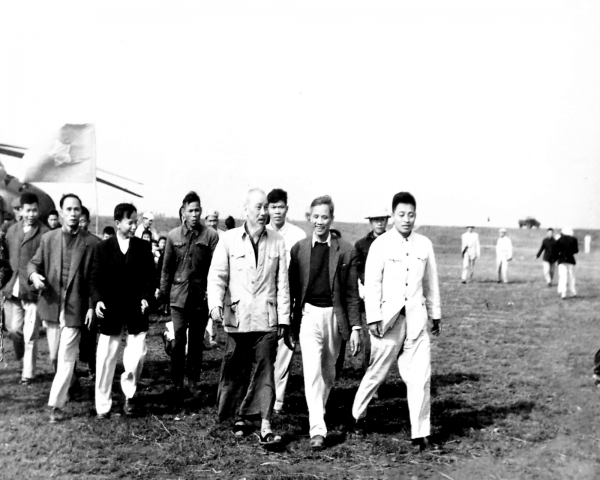
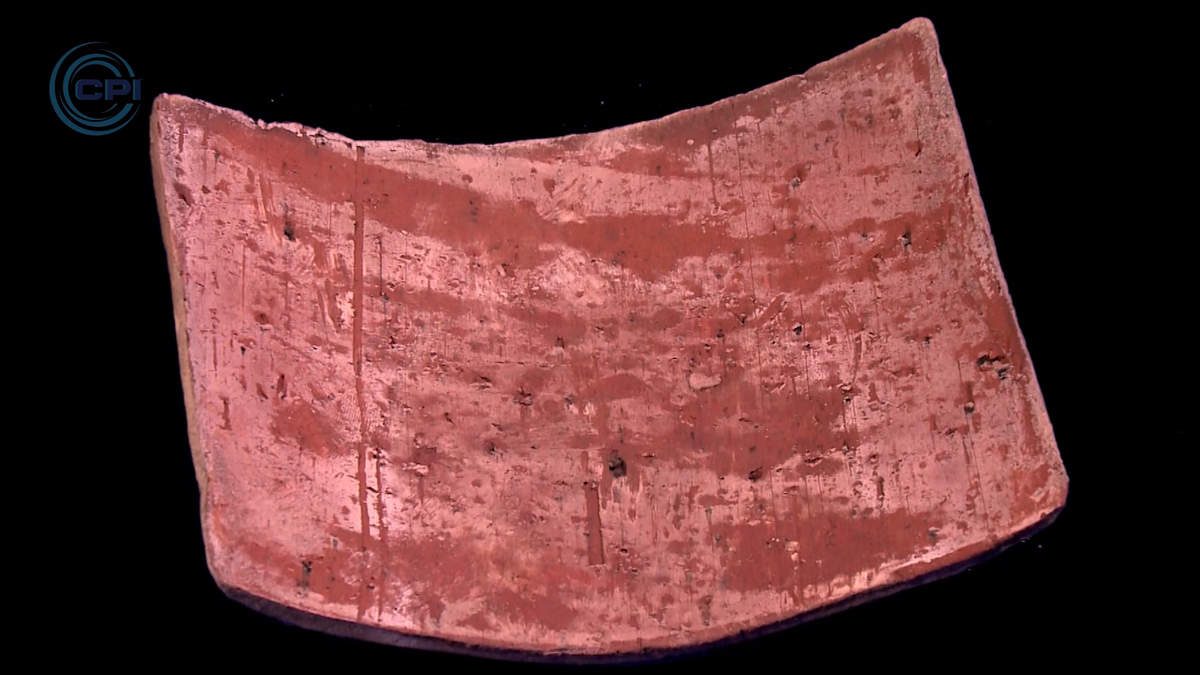
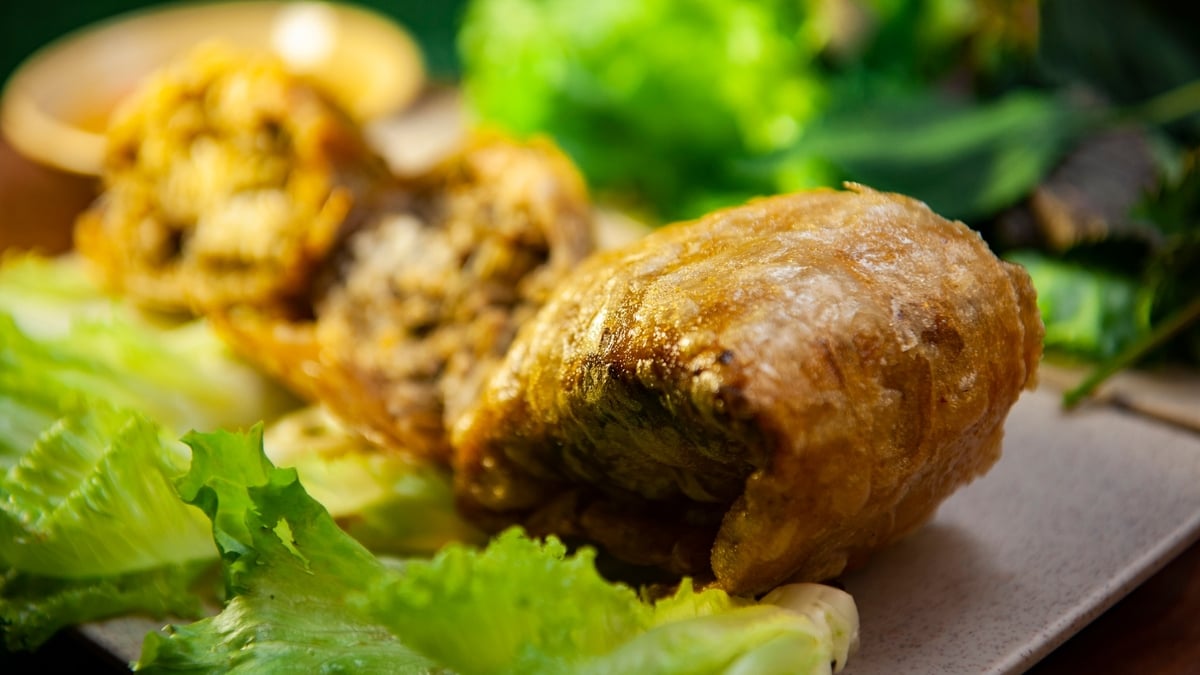


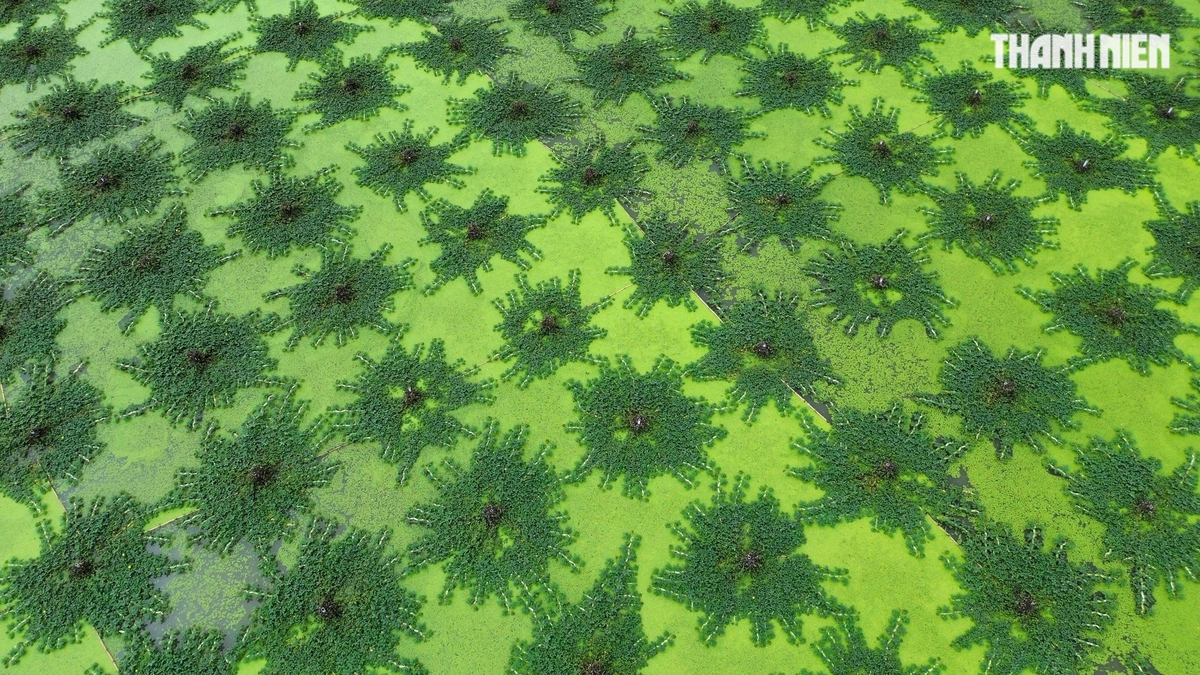
![[Photo] The moment Harry Kane lifted the Bundesliga trophy for the first time](https://vphoto.vietnam.vn/thumb/1200x675/vietnam/resource/IMAGE/2025/5/11/68e4a433c079457b9e84dd4b9fa694fe)


















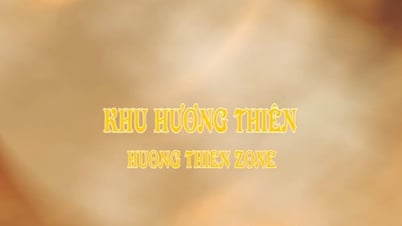
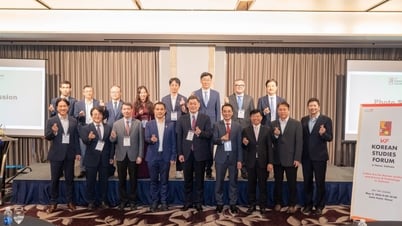
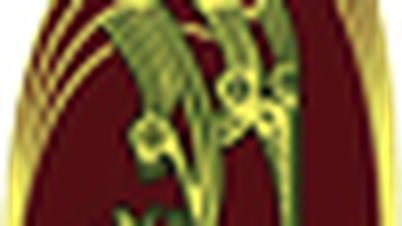

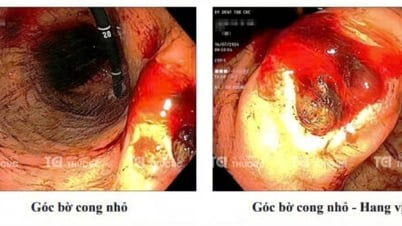
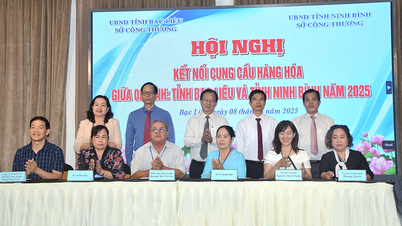


































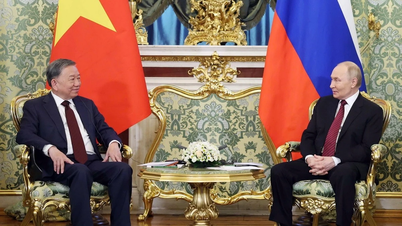
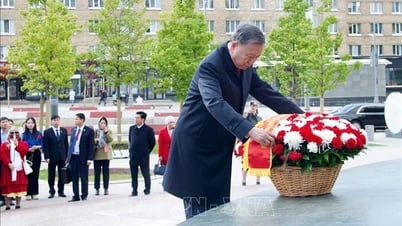
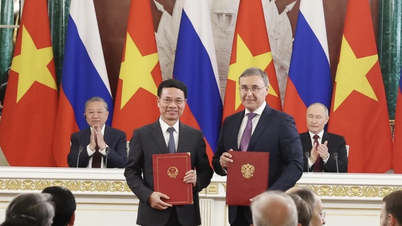

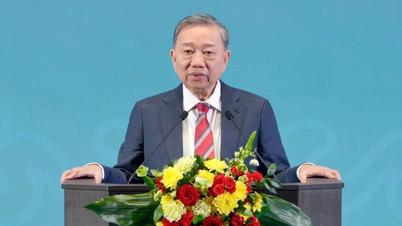











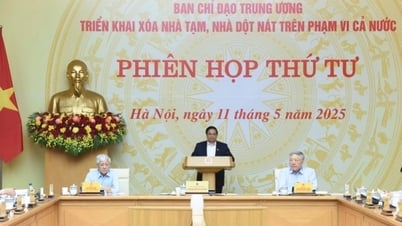





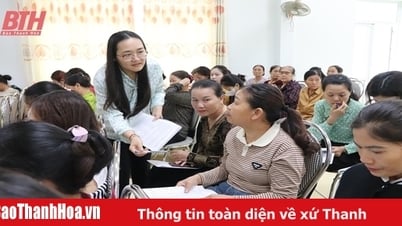

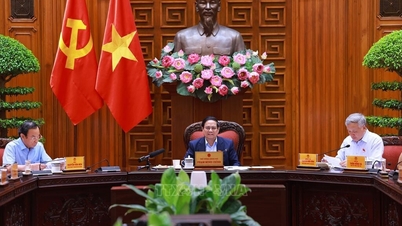












Comment (0)